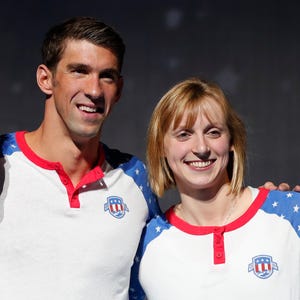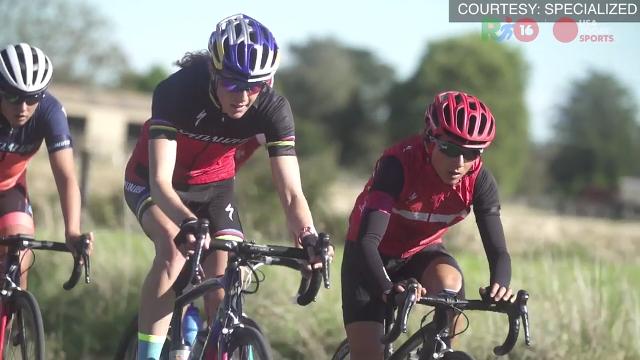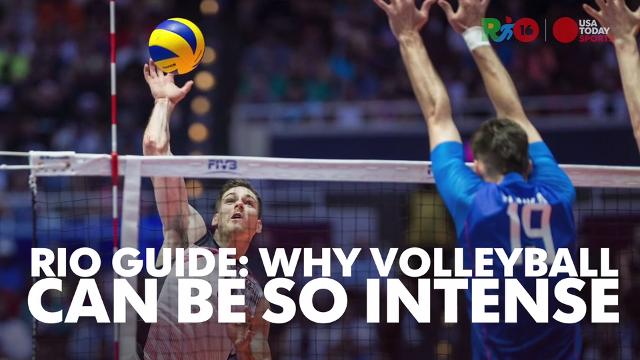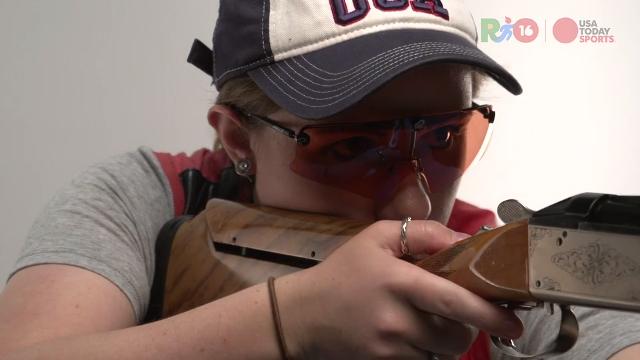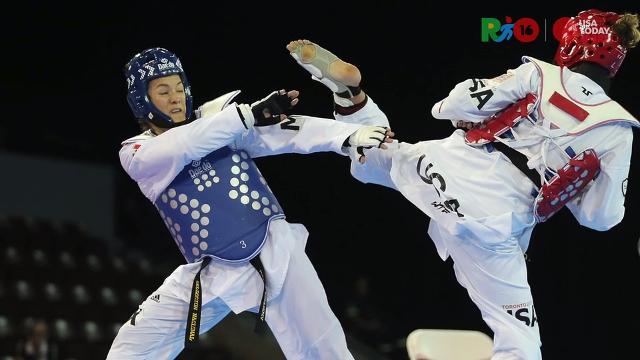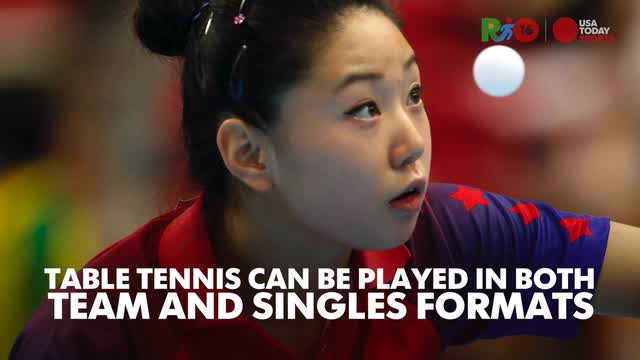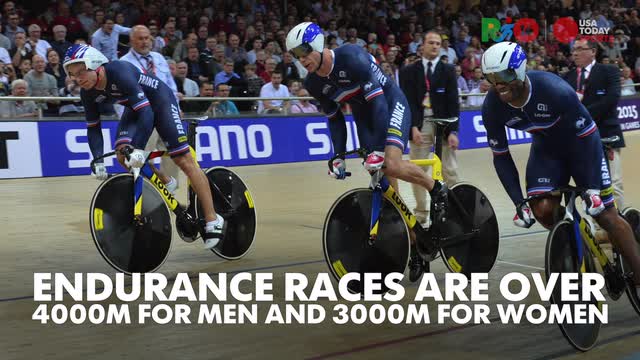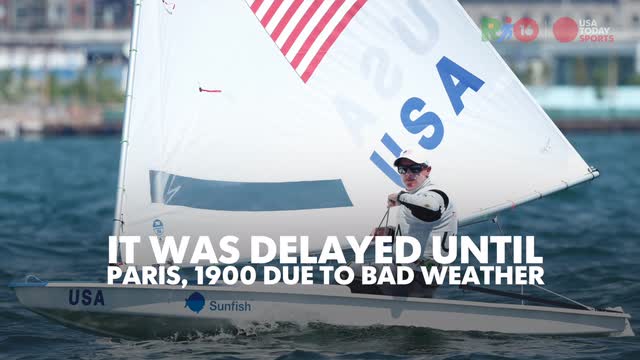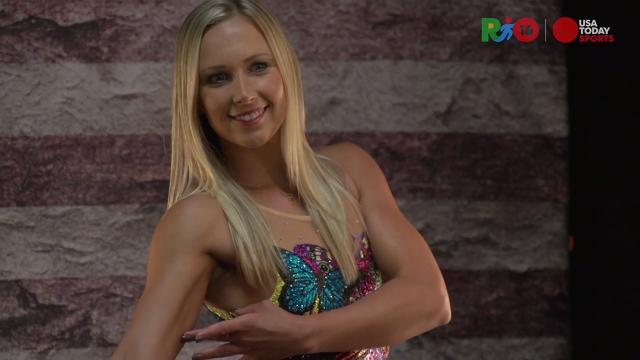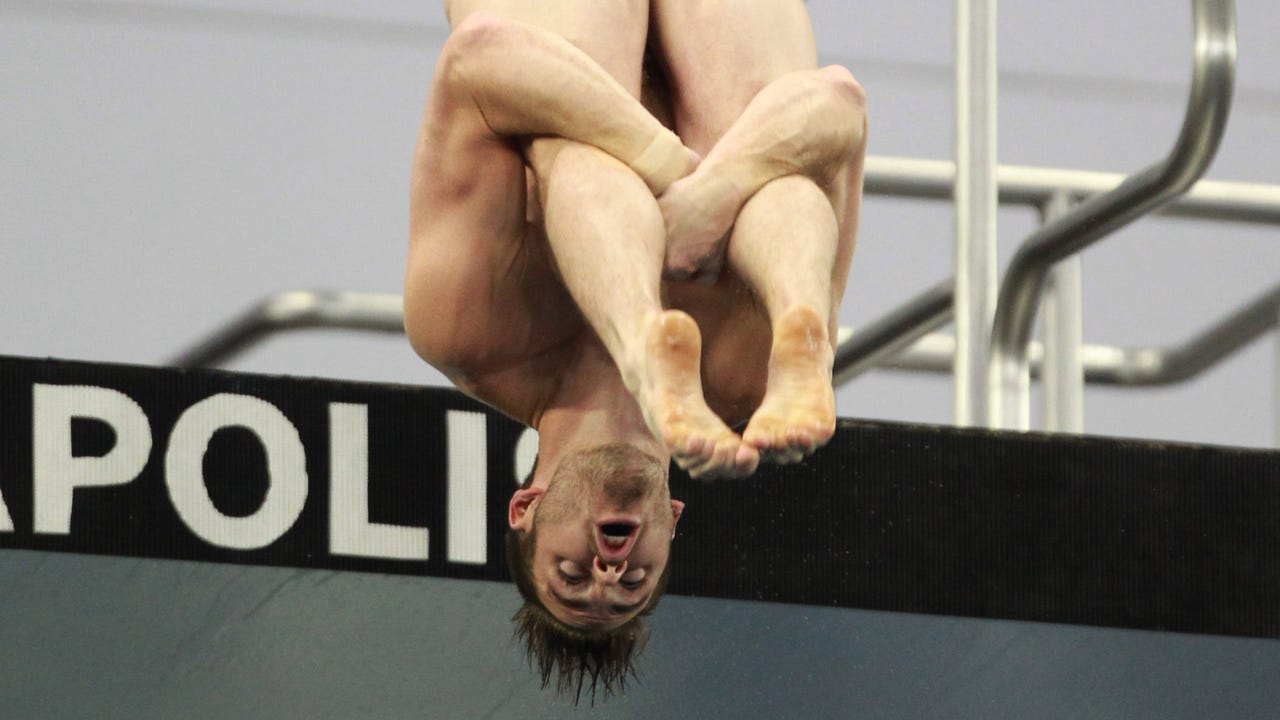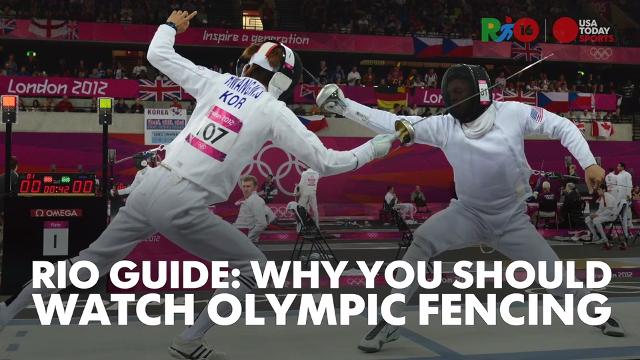Changes in Olympic boxing rules derail 2 Americans, cause upheaval in sport – USA TODAY
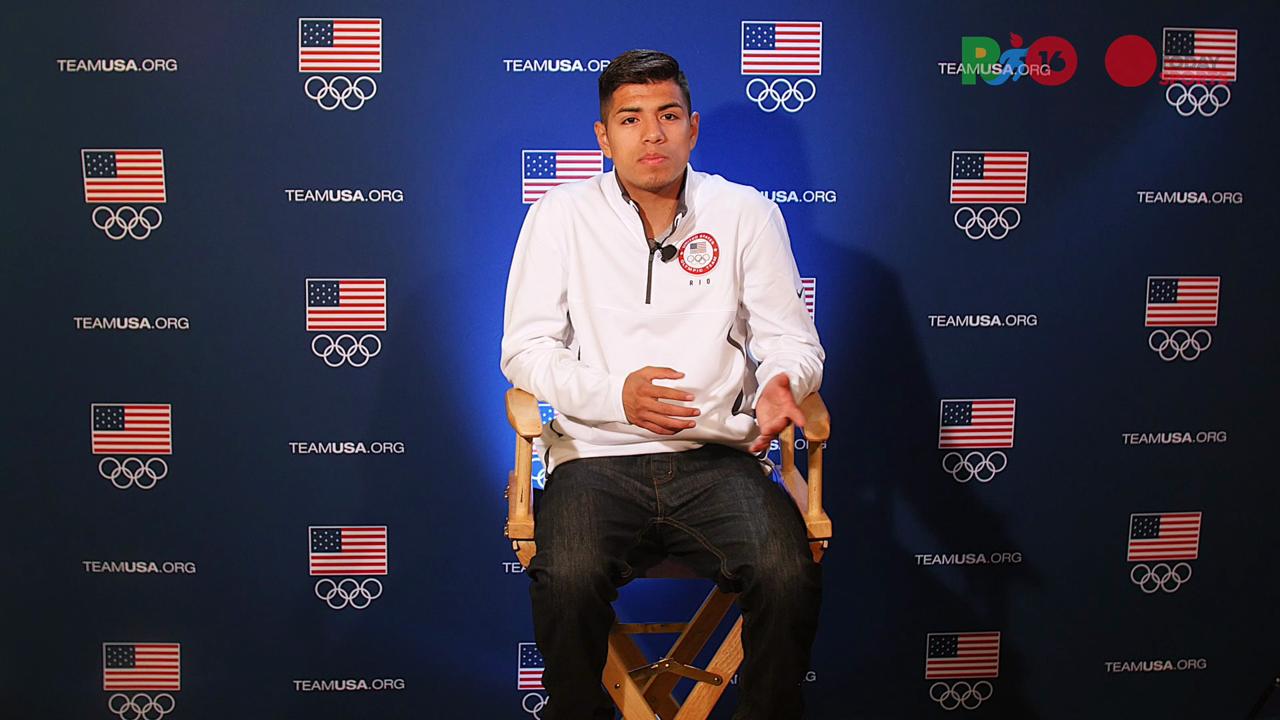
Olympic boxer Carlos Balderas explains how boxing in Rio might be different than what you’re used to watching on pay-per-view.
usa today sports
Neither Jonathan Esquivel nor Devin Haney are the types to feel sorry for themselves, though you couldn’t blame them if they did.
Esquivel, 21, and Haney, 17, are young American fighters who saw their Olympic dreams broken by the ongoing state of change running through international amateur boxing.
Several rule alterations from International Boxing Association (AIBA) have been introduced for the Rio de Janeiro Olympics, all intended to restore boxing to something resembling prominence at the Games. The first, the controversial choice in June 2013 to remove the use of protective headgear for male boxers, affected Haney, as it simultaneously came with an increase in the minimum age limit to 19 — up from 17.
Then there was a hotly disputed vote in June — led by AIBA president Ching-Kuo Wu — to allow professional fighters to compete alongside amateurs. That potentially cost Esquivel a spot in Brazil.
In the final qualifying tournament he lost to Hassan N’Dam of Cameroon, 32, a two-time challenger for the world middleweight title with a pro record of 33-2.
The rules changes are “totally wrong on all kinds of levels,” said 2008 Olympian Demetrious Andrade, now 23-0 as a pro and a World Boxing Organization super welterweight title holder before being stripped of his title for inactivity. “Young fighters shouldn’t be sustaining that kind of damage without the headgear while they are still amateurs. There are safety issues. Pro fighters have been hardened by their experience. It could be dangerous. I am against it.”
Esquivel is a hard-punching light-heavyweight from Anaheim, Calif., whose aggressive style means he likely has a bright pro career ahead of him. He took a philosophical approach to his loss to N’Dam, who along with 36-year-old lightweight Amnat Ruenroeng of Thailand, was one of two pros to make it to Rio.
“It was heartbreaking to miss out after all the years I put into it,” Esquivel said. “I felt I won a split decision so I wasn’t overly impressed with (N’Dam’s) quality considering what he has done in his pro career. I fought a Bulgarian pro in the first round and beat him, so maybe it doesn’t affect things that much.”
As for Haney, one of the brightest young talents in the sport, the end of his Olympic ambitions prompted an immediate change of career path. After leaving the U.S. Olympic training program once it was confirmed that his age would prevent him from fighting in Rio, he has compiled a 7-0 record as a pro.
Haney trains at the Mayweather gym in Las Vegas, is coached by Floyd Mayweather’s uncle Roger, and has an enterprising streak that sees him edit his own videos to post to his growing social media following.
However, the fighter’s father, Bill Haney, is still bemused by the whole experience. “Devin can fight at the MGM Grand on the same card as the big names in boxing,” Bill Haney said. “But he can’t fight for his own country. There is a lot of confusion in amateur boxing. It is not fair on the fighters.”
Wu is a controversial figure whose ploys regarding Olympic boxing have been met with fierce resistance elsewhere in the sport. Two pro sanctioning bodies, the World Boxing Council and the International Boxing Federation, have said they will strip the titles and rankings of any boxers who compete in Rio.
“We felt it was important to get involved and take a stand against professional boxers competing against amateurs due to safety concerns,” IBF president Daryl Peoples said.
To some, the inclusion of pro fighters – Manny Pacquiao had been tabbed to compete before making a late decision to skip the qualifying process – is less worrisome than the removal of the headgear, which the AIBA began working toward in the wake of the 2012 London Games.
While the AIBA has been vague on whether the change regarding headgear and the increase in the minimum age for Olympic competition are related, it is widely thought that by raising the age limit, the AIBA’s decision to remove headgear would have less opposition — especially from the International Olympic Committee.
The AIBA provided medical evidence regarding headgear to the IOC, which ratified the change for the Rio Games in March 2016. While the AIBA admits that fighters are more likely to get cut without head protection, it says concussions are down. One of the main arguments was that since the removal of headgear, the number of stoppages in bouts had decreased.
The results of the AIBA study did not sit well with Christopher Giza, a pediatric neurologist and sports concussion expert who directs UCLA’s Steve Tisch BrainSPORT program.
“It is not intuitive that removing headgear will reduce injuries,” Giza said. “That doesn’t mean it’s not true, but in cases like this, where the result might be unexpected, there is a high burden of proof to make sure the findings are correct.
“If you are going to change policy to one that isn’t intuitive it behooves you to back it up with deep and definitive data, not rush to a conclusion.”
Giza said he would have liked to have seen more rigorous testing on a consistent, ongoing basis. And he said he would be more supportive of a test that was designed “scientifically” – for example that the data were compiled based on medical analysis rather than on the judgment of a referee, who alone decided if a fight is to be stopped.
Meanwhile, Wu continues along, insisting at recent qualifiers that a “new era” for Olympic boxing has begun.
Whether that will be the case remains to be seen, while boxing holds its breath and hopes that the new rule changes are not only successful, but safe.


